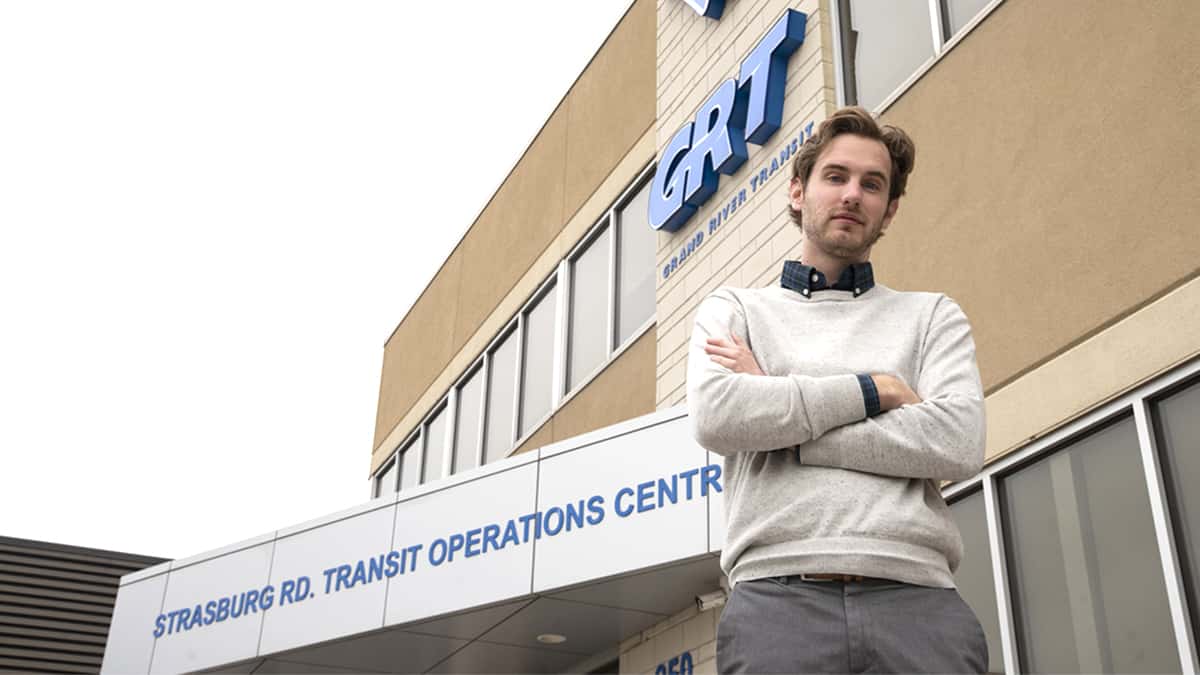The rollout of COVID-19 vaccines in Waterloo Region remains slow, with less than one per cent of the population fully inoculated. Even with the latest allocation of supplies from Pfizer-BioNTech, the focus is on second doses to high-risk individuals in long-term care and retirement homes.
The precarious state of the vaccine supply chain is the biggest hurdle in the region’s plan to hit 10,000 vaccinations per day, says Shirley Hilton, who leads the vaccine distribution task force.
“As you know the supply … is very dependent of day by day and week by week. However, we are continuing to plan for our mass immunization through Waterloo Region with the hope that the stability of the Pfizer vaccine continues in addition to other vaccines, including Moderna’s,” she said during the weekly briefing February 5.
Hilton also announced a plan to reopen the Grand River Hospital Clinic as of Monday “to continue concurrently with second doses for all other groups who have received their first dose.” The focus there is vaccinating healthcare workers and staff members at long-term care and retirement homes.
As of midweek, 18,237 doses of the vaccine had been administered, with about 5,000 having been fully vaccinated, just 0.86 per cent of the region’s residents.
“The planning is continuing for the mass immunization, however with what we know now at least, we’re able to continue with the second doses for long-term care and retirement homes in all of the other groups. The week of the 15th, the goal is to start additional first doses with our long-term care home staff who haven’t been vaccinated yet and essential caregivers,” said Hilton.
On Tuesday, the task force was advised of a one-day delay in the shipment of the Pfizer vaccine. That prompted the rescheduling of mobile clinics at long-term care homes, with Hilton noting the administration of second doses still falls within the accepted interval of 35 days.
“Although we have had to pause and redirect our clinics a few times in the past month in order to address fluctuations in supply, it is important to note that we are still providing the vaccine within the acceptable intervals for residents of long-term care and retirement homes. This is a critical step in protecting some of the most vulnerable members of our community,” she said in a release.
Nationally, the federal government announced last week funding of $64 million through the Immunization Partnership Fund to increase COVID-19 vaccination uptake throughout the country. That includes $30.25 million to support community-led projects aimed at increasing confidence in vaccines.
Of the announcement, chief public health officer of Canada Theresa Tam said, “All Canadians deserve a chance to achieve optimal health. This includes having access to credible information about vaccination and the opportunity to have open conversations with health care providers. Doctors, nurses, midwives, other healthcare providers and community leaders are invaluable in sharing knowledge to help to keep us all safe, especially during a pandemic.”
Across Canada, vaccines are continuing to roll-out to protect those at highest risk of severe outcomes or exposure. To date, 1,068,690 of COVID-19 vaccines have been administered, with 52 per cent of prioritized healthcare workers, 27 per cent of the adults the territories and 11 per cent of elderly adults over 80 years of age having received at least one dose of COVID-19 vaccine.









